I have a pre-request Script in my postmancollections.json file which does the following:
const executedOnce = pm.environment.get('executedOnce');
if(executedOnce == 0)
{
console.log("Getting Access Token");
const tokenUrl = pm.environment.get('tokenUrl');
const webApiClientId = pm.environment.get('webApiClientId');
const scope = pm.environment.get('scope');
const username = pm.environment.get('username');
const password = pm.environment.get('password');
const getTokenRequest = {
method: 'POST',
url: tokenUrl,
body: {
mode: 'formdata',
formdata:[
{key: 'client_id', value: webApiClientId},
{key: 'scope', value: scope},
{key: 'grant_type', value: 'password'},
{key: 'username', value: username},
{key: 'password', value: password}
]
}
};
pm.sendRequest(getTokenRequest, (err, response) => {
const jsonResponse = response.json();
const newAccessToken = jsonResponse.access_token;
pm.environment.set('accessToken', newAccessToken);
pm.environment.set('executedOnce', 1)
console.log("Access Token Obtained");
});
From my newman, I pass the username and password which are my environment variables. The access Token is getting generated, but is not getting set to the environment variable, because of which my test scripts in collection is failing.
How to update the environment variable accessToken which is dynamically generated after passing username and password in newman?
Some answers suggest an export command at the end of newman run like below:
newman run testscripts_postman.json -e localenvironment.json --env-var "username=ABC" --env-var "password=abc" --export-environment localenvironment.json
But how will this run in Azure DevOps pipeline if I add an export?
